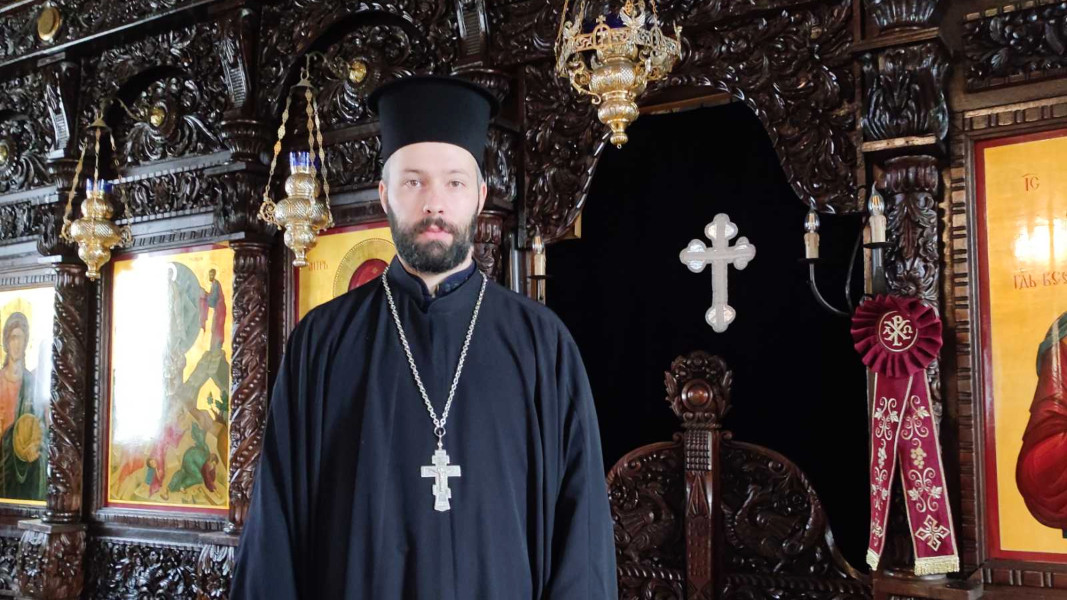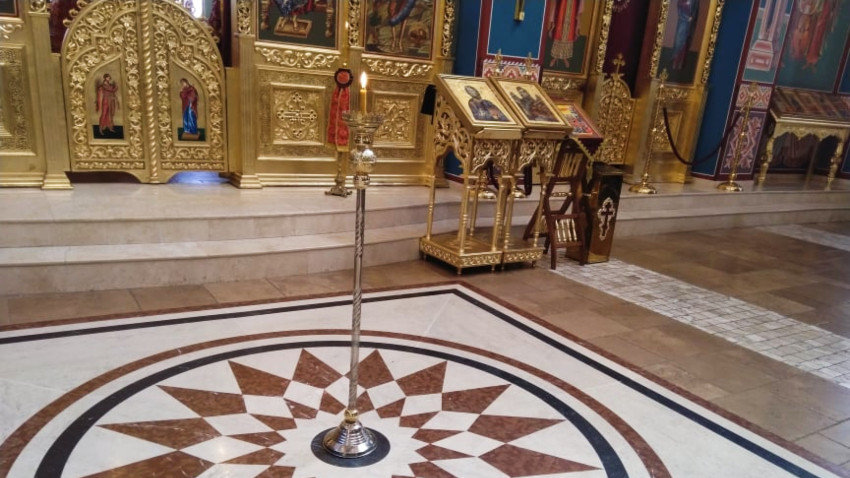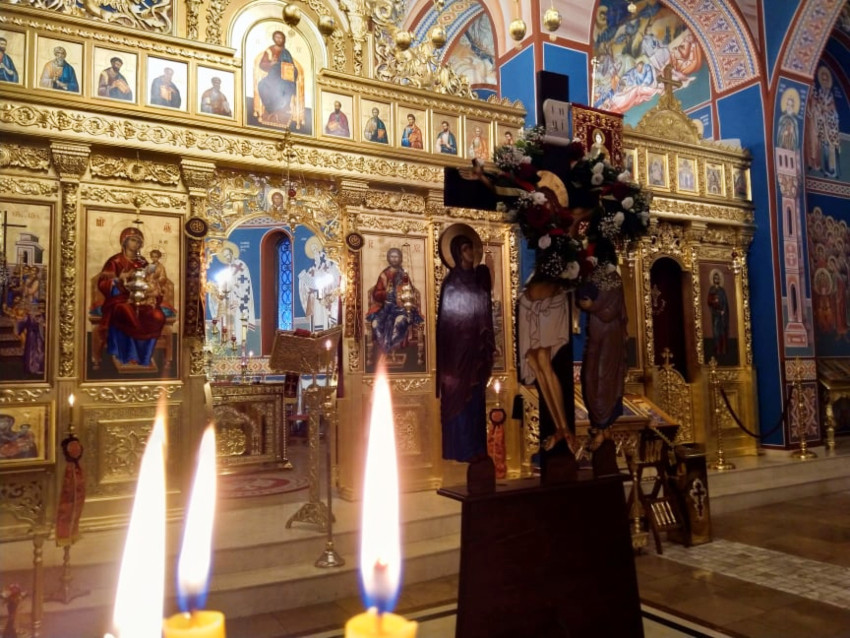Immediately after the major Christian holiday Palm Sunday, celebrating Jesus Christ’s triumphal entry into Jerusalem, begin the most difficult days of Lent. It is a week in which believers remember the last days of Christ’s life before being crucified.
On Sunday night, after the celebration of Jesus Christ’s entry into Jerusalem, the Orthodox church prepares believers for the Holy Week with a church service of repentance, conducted three nights in a row, known as the Bridegroom Service. Through this service, the church goes back to Jesus Christ’s words that the day of the Lord will come and believers must be prepared.
“Being alert means being aware that our lives are not insignificant, that they are a field on which the greatest battle is played out, the battle for the human soul,” says Father Boris Borisov from the Holy Transfiguration church in Sofia.

“In our case, the battle for our soul between good and evil is to endeavor to be generous, to rise above things petty which lead us to sin without knowing it, to try to be closer to the Lord. That is one of the messages. In the scriptures there is a parable about the ten virgins, five wise and five foolish, who take their lamps, and go forth to meet the bridegroom. They that were foolish take their lamps, and take no oil with them, but the wise take oil in their vessels with their lamps. The oil symbolizes grace.”
In the parable the virgins are the soul and the oil – the good deeds and the message to believers is to do good deeds each day because on Judgement Day it will be too late. That is why during Holy Week believers are especially careful with their deeds and with their thoughts, and their food is scant to purify their bodies and their souls and to prepare them for confession and communion.
Christ set down the holy sacrament of the Eucharist immediately before being caught: “Take this and eat it, for this is my body.” he said and blessed the wine: “Each of you drink from it, for this is my blood, which seals the covenant between God and his people”. Yet, in these words by Jesus Christ we should seek more than pure symbolism:

“Christ did not say “this bread is the symbol of my body”, Father Boris says, and explains: “He said “This is my body” as an analogy that Jesus Christ is at the same time fully a real man and a real God. The sacrament of the Eucharist is the true life of the church, the core of Christian life in the service of God. The fact that Christ does this before his death on the cross shows that this really is the wise way in which he sets down, in our capacity of psychosomatic beings with body and soul, that we adopt his suffering and death on the cross with which he redeems the entire human race.”

That is the meaning of Communion at the end of Holy Week, when believers partake of the body and blood of the Savour. Thus, they enter into spiritual communion with Jesus Christ, but also become part of him in body. Another important element of this supper is the example of humility and devotion set by Christ when he washes the feet of his disciples, showing all believers how we must serve our fellow humans.
Photos: Darina Grigorova
The newest exhibition at the National Museum of Military History in Sofia, 'War and the Creatives: A Journey Through Darkness' opens today, offering free entry as a gesture to those who were unable to visit during the recent renovations. Rather than..
A 5,000-year-long history lies hidden in the ruins of the medieval fortress “Ryahovets” near the town of Gorna Oryahovitsa where active excavations began ten years ago. On this occasion, on November 17, the Historical Museum in Gorna Oryahovitsa..
Just days ago, archaeologists uncovered part of the complex underground infrastructure that once served the Roman baths of Ratiaria - one of the most important ancient cities in Bulgaria’s northwest. Founded in the 1st century in the area of..

+359 2 9336 661
